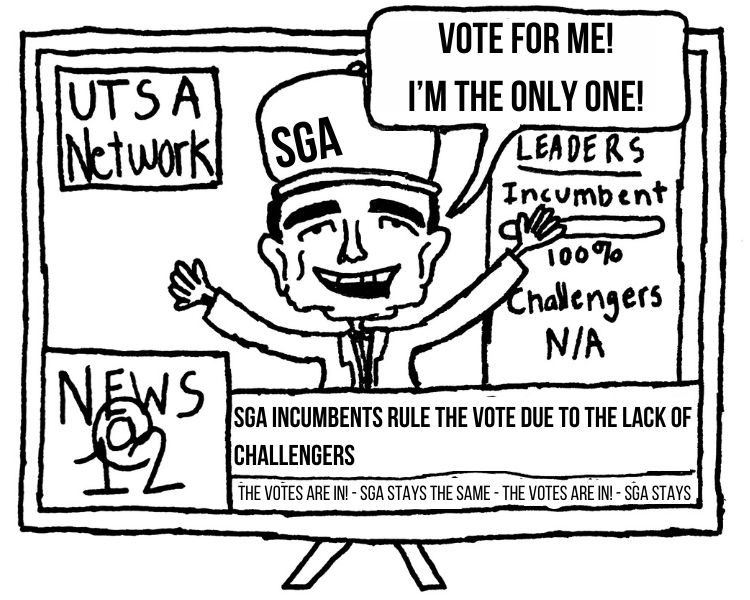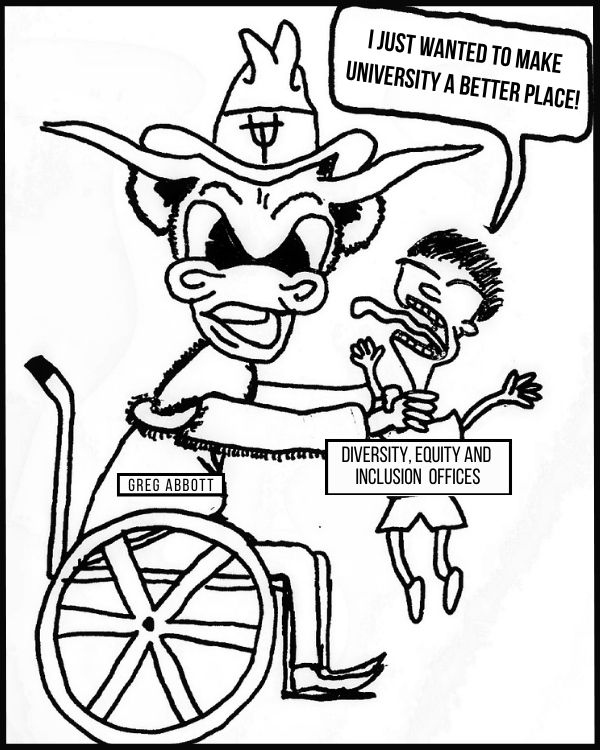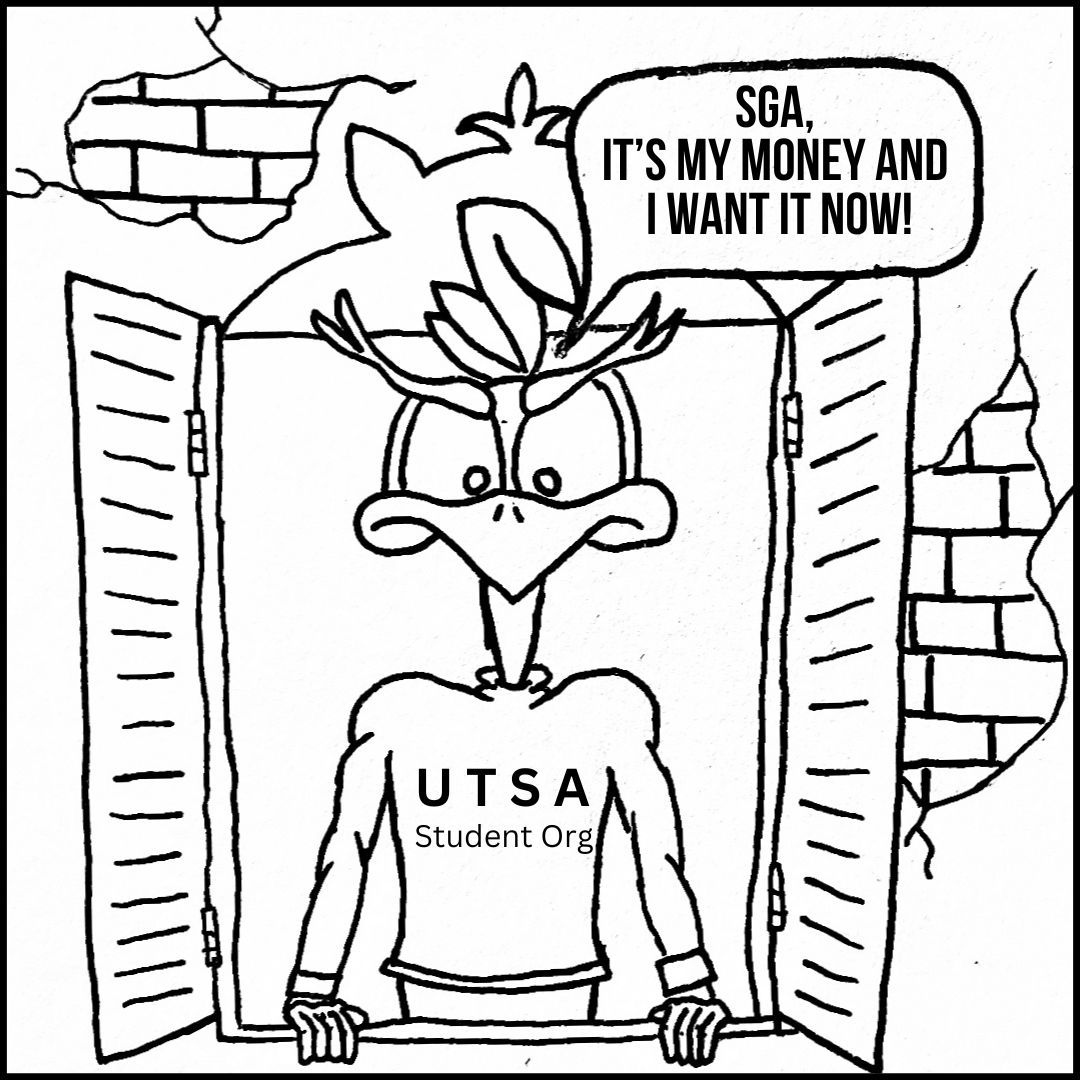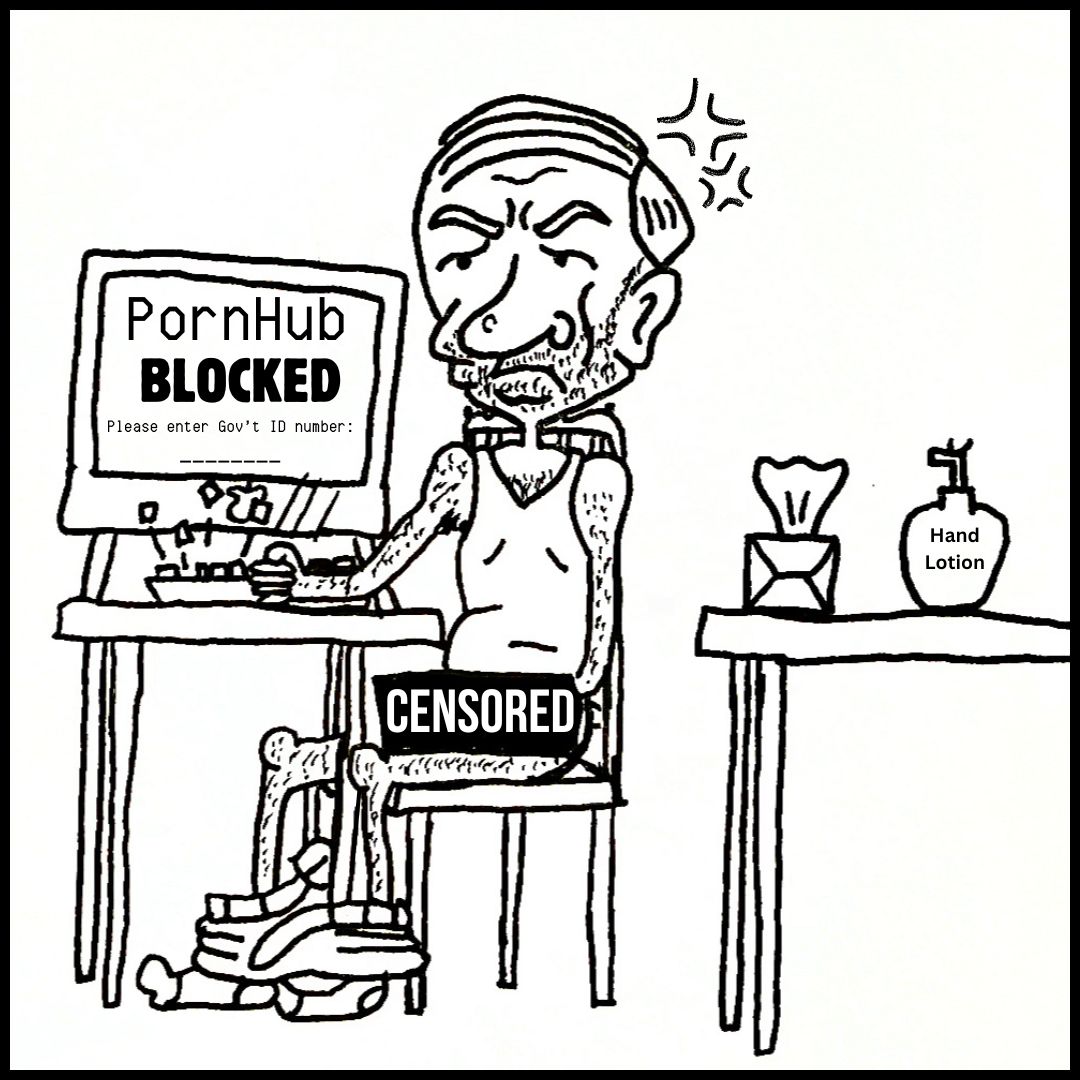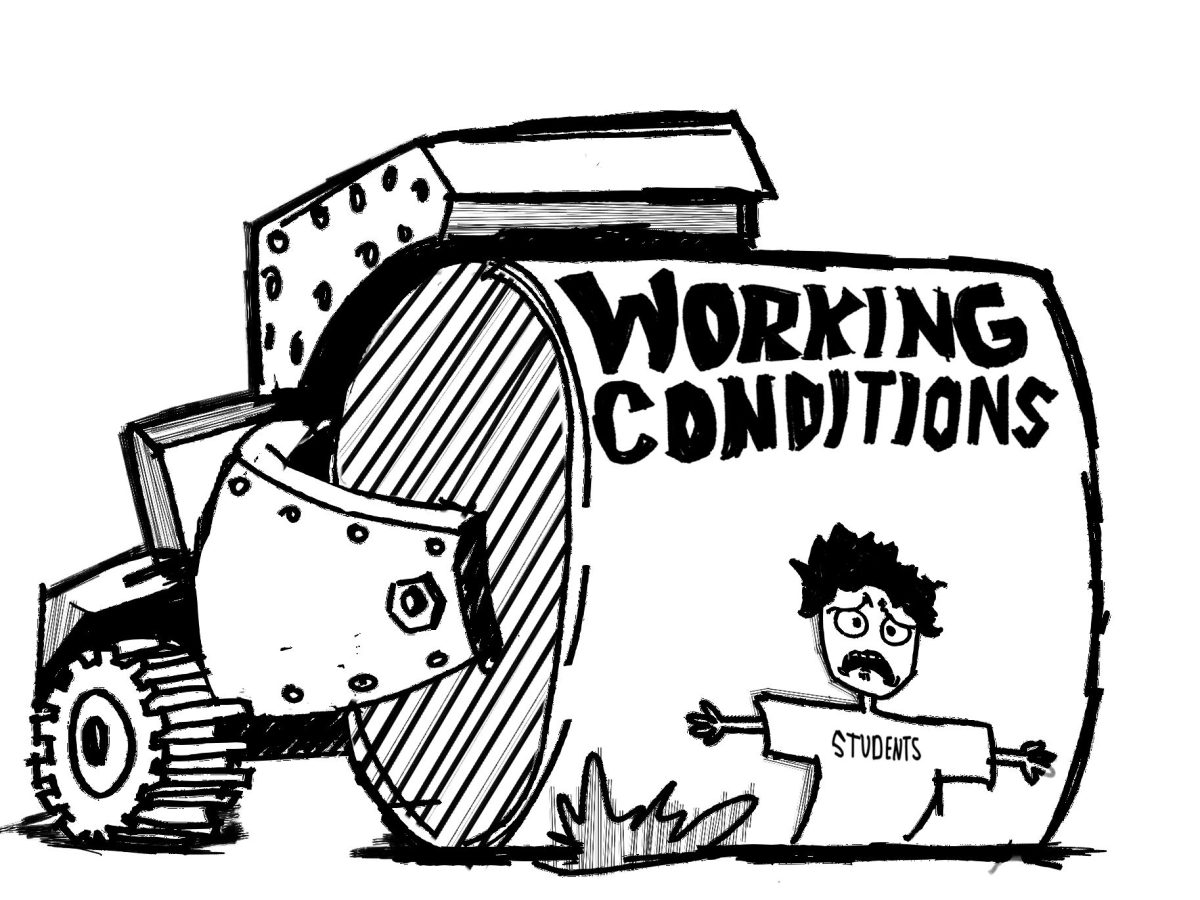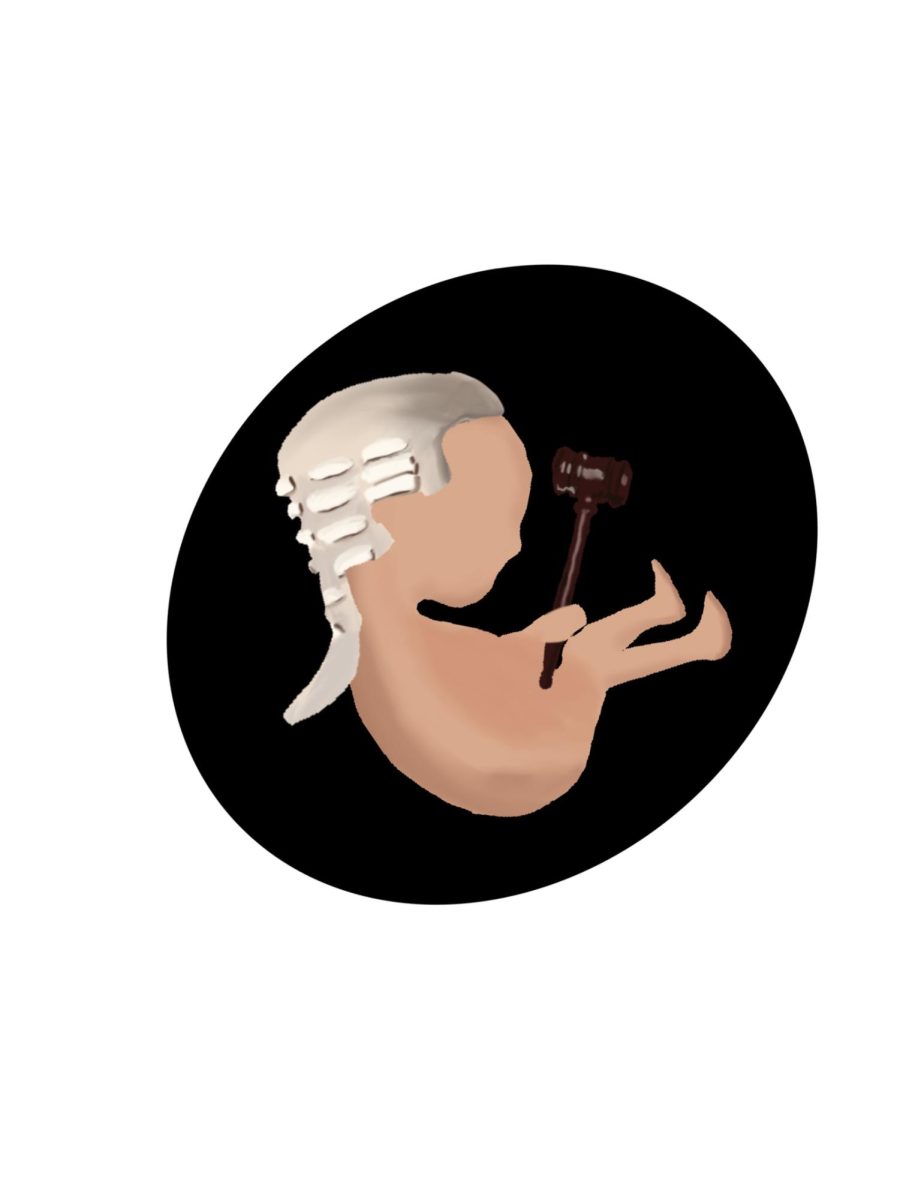Regardless of who holds the presidential office, we must be more politically active.
With both political parties facing their own crises, identifying ourselves as Democrats or Republicans carries a lot of social baggage but offers very little insight into our actual political identities. It is time to think beyond the voting booths, set aside partisan politics and make our government work for us.
Regardless of who holds office, we must strive for multiracial unity.
Throughout his campaign, President-elect Donald Trump exploited deeply entrenched racist, sexist, homophobic and transphobic attitudes, which emboldened people who harbor hostile attitudes towards women, members of the LGBTQ community, Muslims, Mexicans and immigrants of various ethnicities to spread hate and provoke fear.
We must meet this resurgence of bigotry not only with fierce opposition, but also with the understanding that prejudice is a symptom of ignorance—and that the people who are open to constructive dialogue are worth engaging.
We must recognize that we perpetuate injustice by failing to engage in open dialogue about race and its intersection with pressing economic, environmental and civil liberties issues.
We must reintroduce individuality and empathy into our political discourse. We must collaborate, but never compromise progress toward equity for all.
We must not let divisive rhetoric lead us to dismiss concerns shared by people of various backgrounds: economic insecurity, distrust of the media and disdain for establishment politics—all valid bipartisan threats to an equitable democracy.
We must recognize that further division and detachment only serve the interests of those looking to exploit us, and we must resist succumbing to them.
Regardless of who holds office, we must prioritize media literacy.
Journalists have responsibilities to speak for the voiceless, hold power accountable and serve as watchdogs over their own industry. Many of them failed the public throughout this election cycle.
Both Trump’s and Clinton’s relationships with the media are worrisome to those of us who value transparency, accuracy and independence. Trump’s selective access is an affront to freedom of the press, and the Democratic establishment’s cozy relationships with editors of national publications blur the lines between press relations and propaganda.
By making decisions based more on ratings and traffic than public need, media gatekeepers have exerted influence over our political system to the extent that crucial crises, such as global warming, went largely ignored as Trump and Clinton hashed out personal beefs and humored conspiracy theories during the final debates.
The public is becoming increasingly aware of our media economic structure’s failure to represent the interests of marginalized communities. But the only way to influence the media within that system is by altering demand—which links we click, with what content we engage.
If we want to strengthen our democracy, we must demand more ethical procedure and accurate coverage from our media institutions, advocate for increased focus on media literacy in public education and continue to inform ourselves and each other.
Now is not the time for mindless consumption and absorption of information. Nor is it the time to withdraw into echo chambers where our views are never challenged.
Now is the time to think critically and organize efforts without concern for party lines. Now is the time to make our voices heard and use them to speak up for those who have been silenced or ignored.
Regardless of who holds office, it is imperative that we are diligently vigilant in holding our representatives accountable and ensuring they know to whom they answer—all of us.






